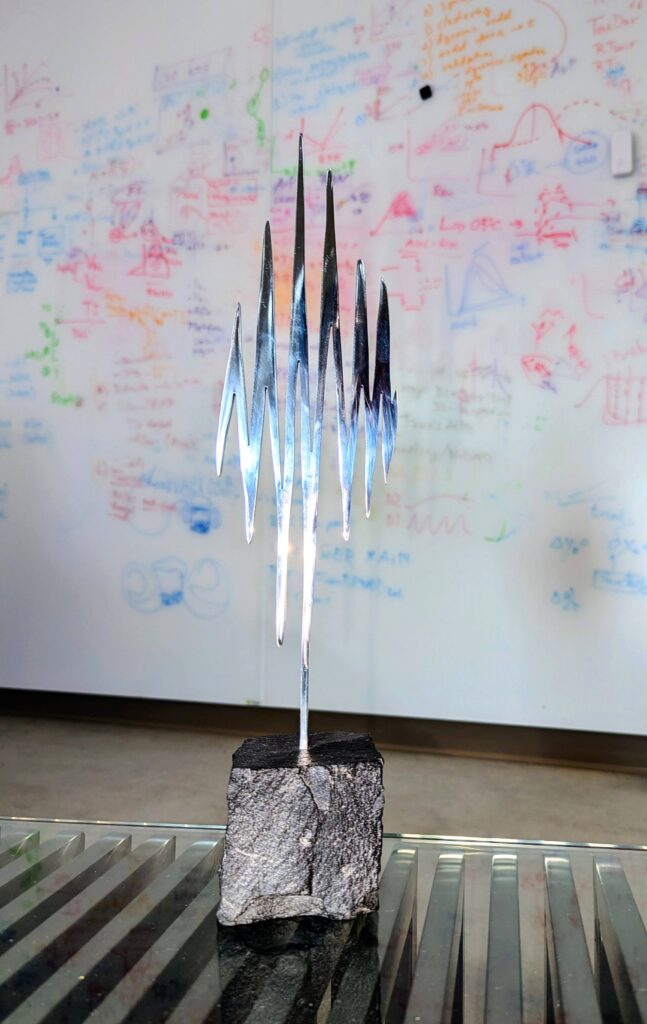
Adam Kepecs, PhD, the Robert J. Terry Professor of Neuroscience and Professor of Psychiatry at Washington University School of Medicine, presented the prestigious Buzsáki Lecture Award at the Joint Meeting of the Hungarian and Austrian Neuroscience Societies on February 1. His talk described the ways his lab is tackling the study of psychiatric disorders using a new approach to animal models that provide reliable, quantifiable measures of behavior that can be traced to underlying neurocircuitry. The goal of this work is to provide a way to translate across species and identify neural circuit-based therapeutic interventions.
The Buzsáki Lecture Award honors György Buzsáki, the Biggs Professor of Neuroscience at NYU Grossman School of Medicine. Born and educated in Hungary, Buzsáki established the lectureship and a program for young scientists in Hungary after he won the Brain Prize in 2011. The award is one of the most illustrious honors in neuroscience and Buzsáki was recognized for his insights into the neurocircuitry of the cerebral cortex and hippocampus, and their role in memory and sleep.

“It’s a great honor to be recognized by my home country, Hungary,” said Kepecs, who received his bachelor’s degree in computer science and mathematics at Eötvös Loránd University in Budapest. “The neuroscience community here is renowned and it’s a privilege to see my work being acknowledged by Hungarian Neuroscience Society. To top it off, being selected to give the Buzsáki Lecture is a particular honor as he’s one of my neuroscience idols.”
In a striking instance of symmetry, Buzsáki was invited by the Department of Neuroscience in 2021 to present the Robert J. Terry Lecture—the namesake of Kepecs’ professorship. Kepecs was installed as the Robert J. Terry professor last month in a ceremony officiated by Dean David H. Perlmutter, MD, and Chancellor Andrew D. Martin, PhD.